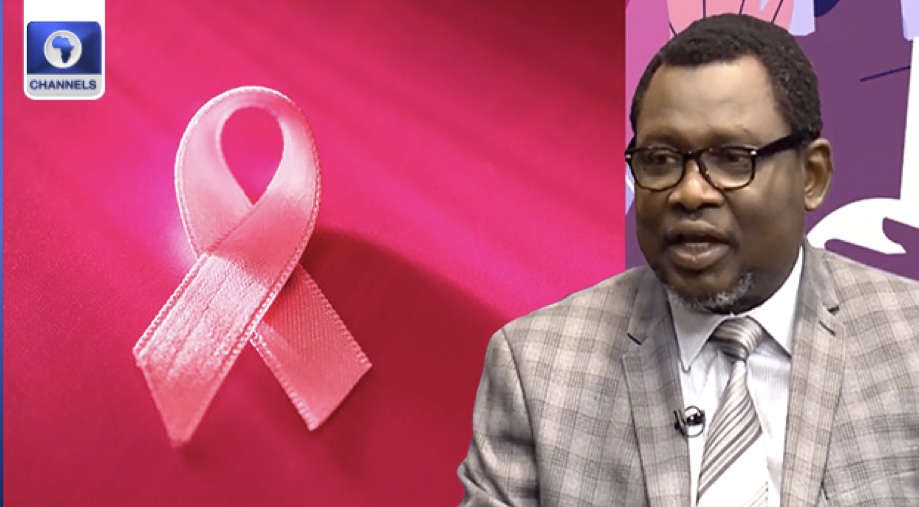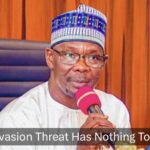Alcohol, Junk Food Increase Risk of Breast Cancer, Says Oncologist

Dr. Muhammad Habeebu, a senior lecturer at the College of Medicine, University of Lagos, has raised concerns over lifestyle factors that significantly increase the risk of developing breast cancer, particularly among women.
As a consultant radiation and clinical oncologist and the chief clinical coordinator at the NSIA‑LUTH Cancer Center, Dr. Habeebu emphasised that while gender remains the most important risk factor — with about 99 per cent of breast cancer patients being women — lifestyle choices such as alcohol consumption, sedentary behaviour, and poor dietary habits can further increase susceptibility to the disease. According to Dr. Habeebu, the risk of breast cancer rises with age, and studies indicate that Black women tend to develop the disease earlier than their Caucasian counterparts. He highlighted alcohol consumption as a major contributor to elevated breast cancer risk, explaining that even moderate drinking may increase hormone levels and cause DNA damage, both of which can trigger malignant growth. He also pointed out that sedentary lifestyles and diets high in junk or processed foods contribute to obesity and metabolic dysfunction, which are recognised risk factors for breast cancer. The oncologist cautioned against relying on herbal remedies, noting that such treatments have not been scientifically proven to cure cancer. He urged women to focus on evidence-based approaches, including reducing alcohol intake, engaging in regular physical activity, and maintaining a balanced diet rich in whole foods. Dr. Habeebu stressed that while some risk factors like age and gender are unavoidable, adopting healthier lifestyle habits can significantly lower the chances of developing breast cancer. In light of rising cases and earlier onset of breast cancer among Nigerian women, Dr. Habeebu’s warning serves as a reminder that preventive measures and awareness campaigns are crucial. He called on individuals and healthcare systems to prioritise education and lifestyle interventions to curb the growing threat of breast cancer in the country, underscoring the importance of combining medical vigilance with personal responsibility in the fight against the disease.









